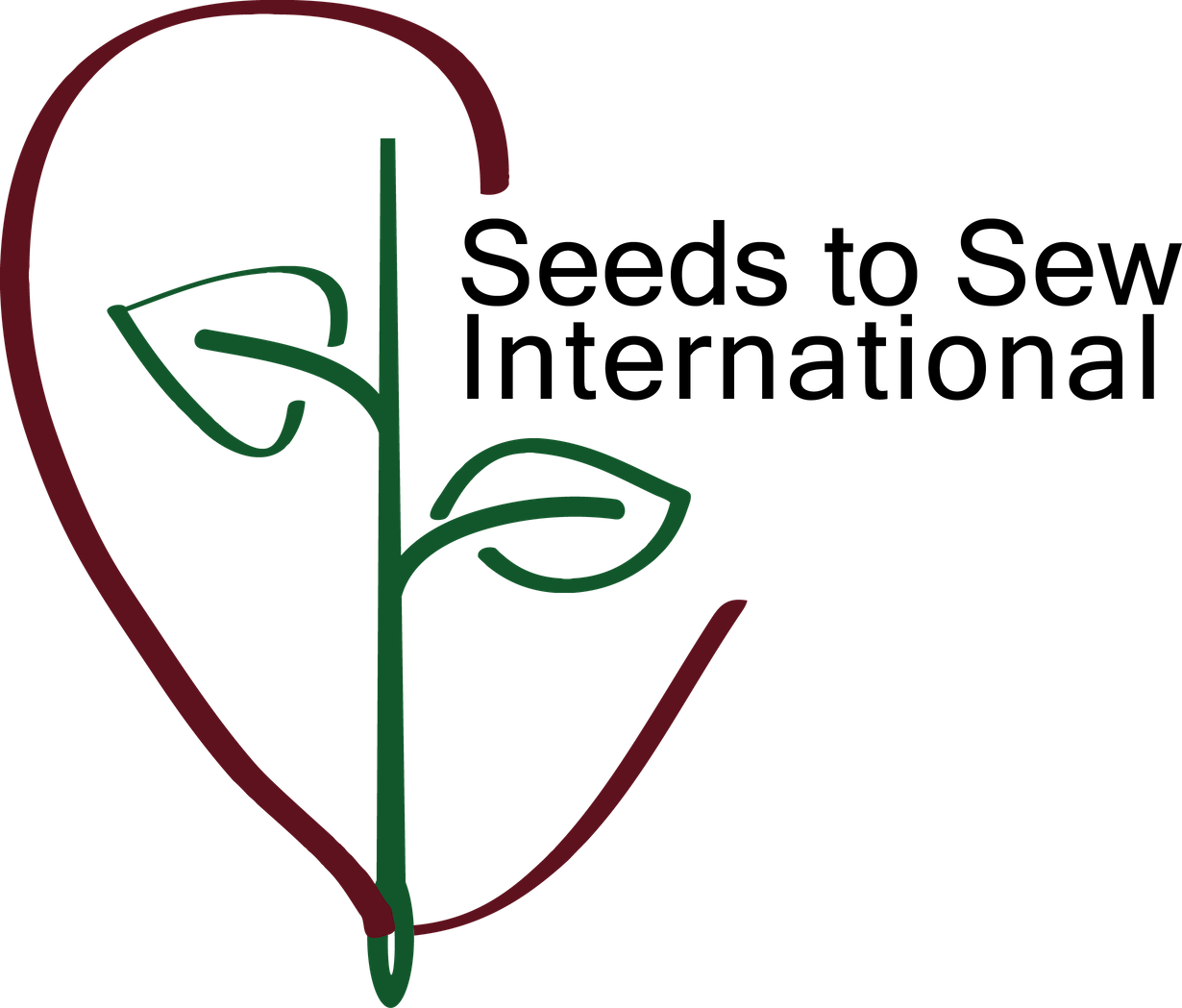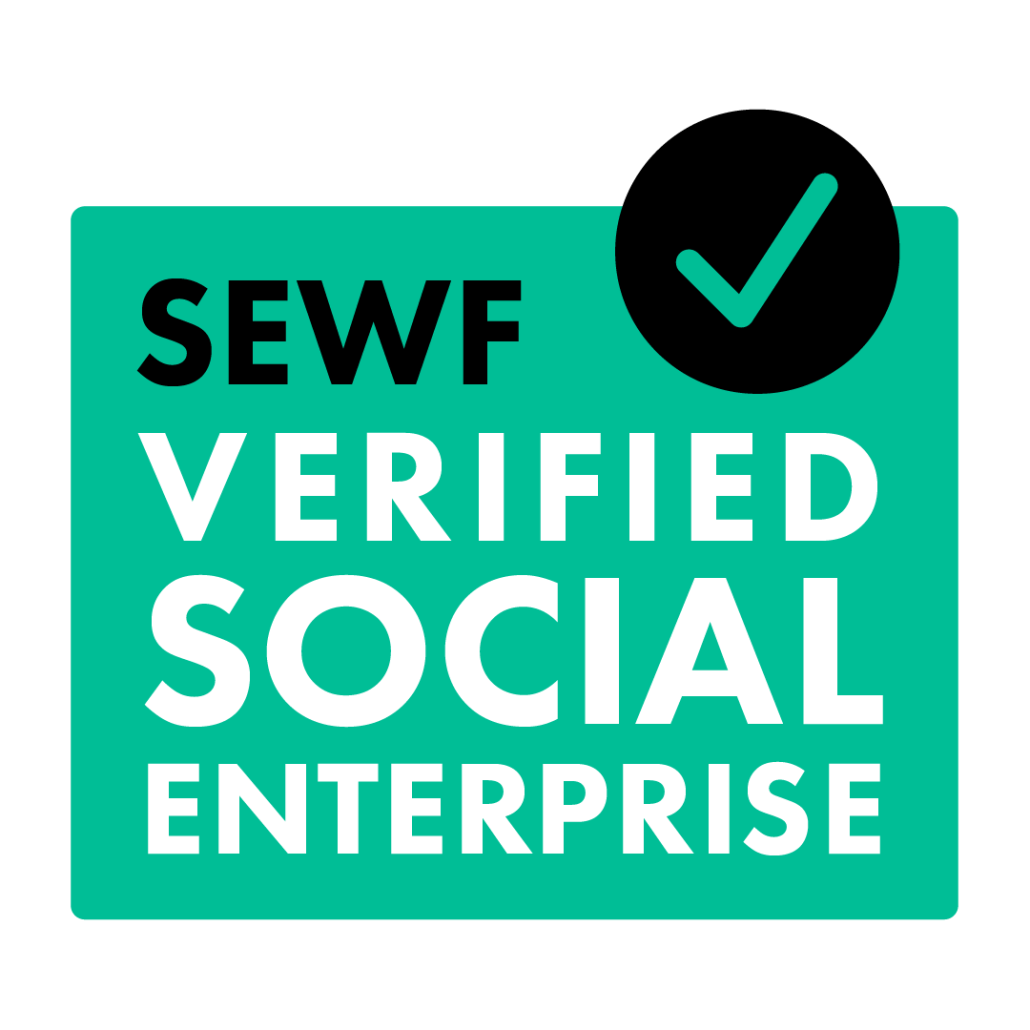Enkisoma
In April 2011, an Advocacy Project Peace Fellow, Charlotte Bourdillon, was placed at the Kakenya Centre for Excellence. She undertook a project to profile people around the Enoosaen community (in Transmara district, Kenya), who were making waves in one way or another in the fight against female genital mutilation/cutting (FGM/C) and early marriages. Agnes Nteya Kimpuk was one such person who fit this profile: Agnes is bright and ambitious about her education, but shackled by tradition and a family that does not support her desire to continue her education. Her choice to refuse FGM/C has caused her father to reject and neglect her entirely, refusing to pay her school fees, treating her as less valuable than her circumcised sisters and disowning her.
However, this is not just Agnes’ story. In the Maasai community in Enoosaen, Kenya, there are innumerable iterations of Agnes’ story. These girls generally have few, if any, places to fo for support when they are outcast by their family because they refuse to be married and/or undergo FGM/C. Many girls hope that that if they run away from home, they will be able to find some way to continue to attend school.
In 2012, Seeds to Sew partnered with the Kakenya’s Center for Excellence and the Enoosaen community to launch the Enkisoma program. This initiative has since grown, and over the yeras 23 girls from the Enoosaen community finished high school, 9 of which continued on to college and average 10 girls are in high school through the program at any given time. This is all possible through generous donations from private and corporate donations, and through the sale of the traditional Maasai jewely, handcrafted by the girls themselves and their relatives.
We’re delighted to announce that Agnes, the catalyst behind the Enkisoma program and its inaugural participant, has graduated from Kenyatta University in Nairobi and now serves as a teacher in her community.
Seeds to Sew accepts cash donations and spearheads the marketing efforts in the US, facilitating the sale of the jewelry to directly finance the education of girls in the program. The need for support remains pressing, with many girls relying on these funds to stay in school. Every contribution, no matter how small, makes a profound impact on their lives.
Your donation or purchase enables us to ensure that no girl is turned away from accessing education. Every dollar received is channeled back into the Enkisoma program, covering school fees and related expenses directly.
As with all our endeavors, 100% of net proceeds are reinvested into the program. In Maasai culture, education is often undervalued for girls, overshadowed by expectations of marriage and domestic work. Through Enkisoma program, we’re challenging these norms and empowering girls to embrace the transformative power of education.










